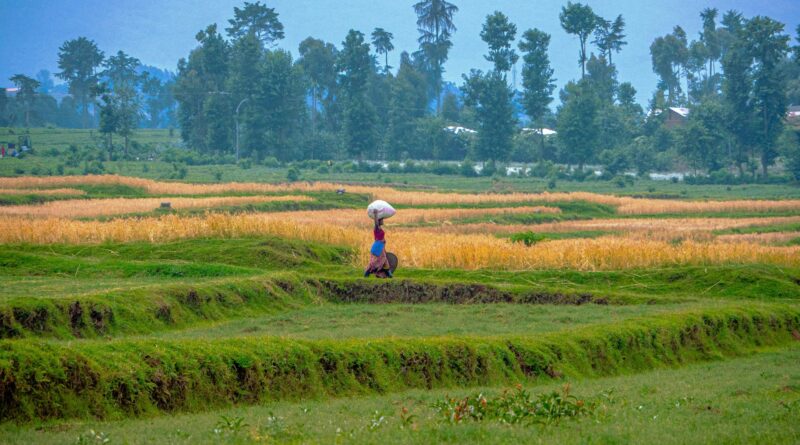Rwandan fortified cereals boost nutrition security in schools – Climate Warriors
The following case study is one of 20 that show the Food Processing Line in progress. Each story showcases innovative solutions and collaborative efforts across sectors, regions and communities, highlighting how food systems are being transformed to support people, nature and the climate. Together, these examples highlight the global momentum towards sustainable, balanced and sustainable food systems.
Meaning: Malnutrition is widespread throughout the world. Efforts to improve food security and nutrition, especially for vulnerable populations, are an important part of changing food systems.
Partners: Rockefeller Foundation, Vanguard Economics, Minimex, World Food Program Rwanda, Gardens for Health International
Time: From 2021 onwards
Location: Rwanda
Impact Received:
- It provided 30 tons of fortified corn flour to 18 schools, benefiting 13,765 students.
- The high quality production and long shelf life of FWG corn flour is possible at the same cost as refined flour.
- Increased choice of food grains through targeted education and awareness campaigns.
Description:
The Rwanda’s Enriched Whole Grains Programmewhich started in 2021 and is supported by The Rockefeller Foundationfocuses on the inclusion of fortified whole grain (FWG) maize flour in school feeding programs to strengthen the nutritional supply of students. In collaboration with the Rwanda Ministry of Education and World Food Programme (WFP), project partners and millers in that area creating a sustainable supply chain that supports the local economy. In addition, it involves public engagement and education to promote awareness of the nutritional benefits of whole grains. By increasing the nutritional value of whole grain corn flour through fortification, this project aims to improve health outcomes, support academic performance, and strengthen long-term sustainability within Rwandan villages. In the pilot phase, the project delivered 30 tonnes of FWG maize flour to 18 schools, benefiting 13,765 students, and demonstrating that the production of high-quality and long-lasting FWG maize flour is can be done at the same cost as refined flour. The Government of Rwanda is committed to supporting increased achievement of school children in primary and secondary schools through FWG food. Rwanda will be the first country to receive international protection.
The initiative is growing and has ongoing efforts in Kenya, Rwanda and Burundi, with approximately 850,000 children today eating FWG food in East Africa. Expansion projects include at least three West African countries (Ghana, Nigeria, and Benin), which are focused on producing protected wheat flour for school meals. This expansion across the African continent encourages increased choice for cereals through targeted education and awareness campaigns, with the launch of the first social and behavioral change communication campaign expected in Rwanda by 2025. The Fortified Whole Grain Alliance aims to reach more than 10. million people by 2025 and has set a target of at least 50 percent of whole grain foods in the markets of organizations and 25 percent of consumer markets in low- and middle-income countries to be FWG by 2032.
Additional information Here.
The Food Systems Call to Action is a global initiative that encourages non-state actors and governments to take urgent action to transform food systems by 2030. It highlights the urgent need for sustainable, sustainable and an equal that supports food security, protecting nature, and addressing climate change. Through targeted actions and principles, the Call to Action emphasizes collaboration, innovation, and inclusion—ensuring that farmers, frontline workers, Indian communities, and other key stakeholders can subject to decision making and implementation.
#Rwandan #fortified #cereals #boost #nutrition #security #schools #Climate #Warriors

